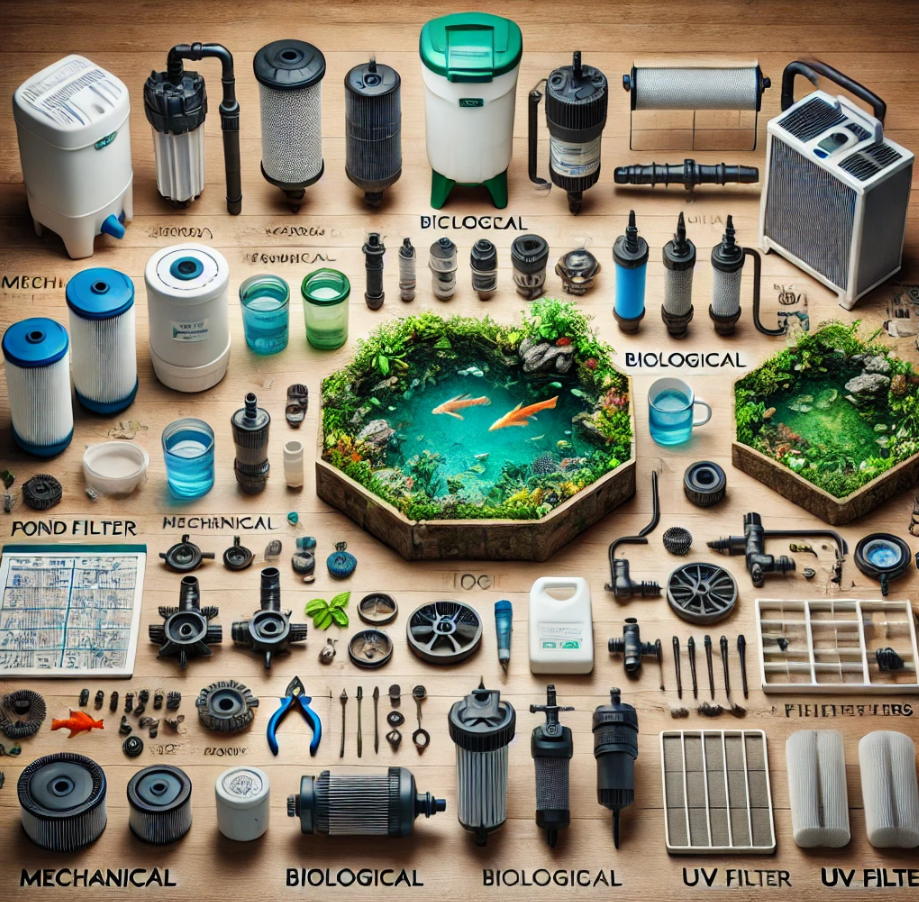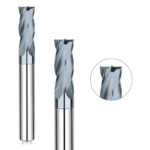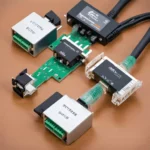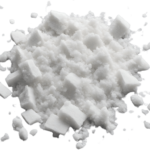Choosing the right pond filter is essential for maintaining clear, healthy water and supporting your pond’s ecosystem. A suitable filter keeps fish and plants safe, removes harmful substances, and reduces maintenance needs. Here are the key factors to consider when selecting a filter to suit your pond’s needs.
1. Assess Your Pond’s Requirements
Before selecting a filter, evaluate your pond’s size, fish population, and plant density. Ponds with koi require robust filtration due to the higher waste production of these fish, while garden ponds with fewer fish may require less intensive systems. Understanding your pond’s unique needs will guide you to the appropriate filtration solution.
For help selecting the right setup, explore options like our Pump and Filter Kits.
2. Types of Filters for Different Pond Needs
There are various types of pond filters, each suited for specific pond requirements:
- Mechanical Filters: These filters capture physical debris, like leaves and fish waste, helping keep water clear. They’re particularly useful in ponds with heavy organic loads.
- Biological Filters: Biological filters use beneficial bacteria to convert toxic compounds into less harmful substances. This is essential for koi ponds and other fish-heavy environments.
- UV Filters: UV filters control algae growth by exposing water to ultraviolet light, reducing green water and improving water clarity. Combining a UV filter with other types enhances overall effectiveness.
Consider a multi-stage system like the Evolution Aqua Nexus Filter for comprehensive filtration, combining mechanical and biological components.
3. Match the Filter to Your Pond’s Size
Pond filters are generally rated based on pond size, with recommendations for water volume and flow rate. Selecting a filter that’s too small won’t adequately filter the water, while an overly powerful filter may disturb fish and plants. Make sure to choose a filter with a capacity that suits your pond’s size.
For larger installations, see our Large Pond/Lake Filtration options.
4. Maintenance and Longevity
Regular maintenance extends the life of your pond filter and keeps it working effectively. Clean mechanical filters as needed to prevent clogs, and check UV bulbs regularly to maintain algae control. Choosing a filter that’s easy to clean and maintain will save you time in the long run and keep your pond clear.
For professional advice on maintaining filtration systems, visit our Pond Maintenance service page.
Conclusion
Choosing the right pond filter is a vital step in ensuring a clean, balanced, and beautiful pond. By assessing your pond’s requirements, selecting the appropriate filter type, matching it to your pond’s size, and performing regular maintenance, you create a thriving environment for fish and plants. A reliable filter will make a noticeable difference, keeping your pond clear and healthy year-round.







